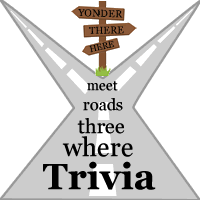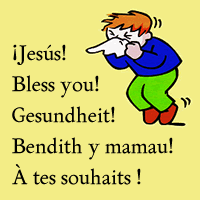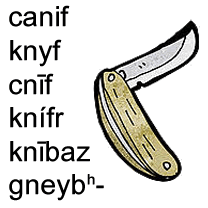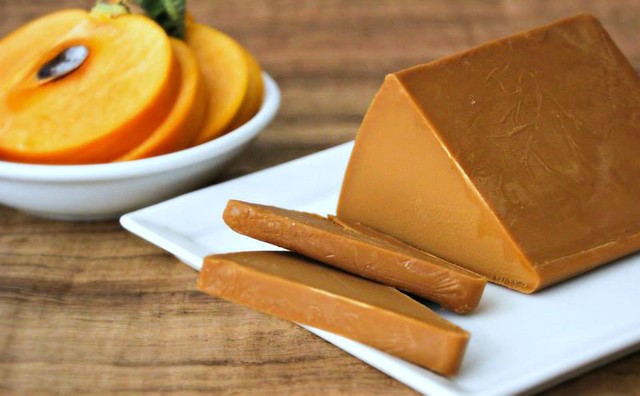One of the random Swedish words I learnt recently that I rather like is slumpmässig, which means random, arbitary or haphazard, and isn’t just en slumpmässig radda bokstäver (a random jumble of letters).
Some other examples of how it’s used include:
- Jag skall nämna några saker i slumpmässig ordningsföljd
I would like to list a few issues in no particular order - Denna utveckling är inte slumpmässig
This has not happened by chance
Related words include:
- slump = accident, chance, coincidence, happenstance, hazard
- slumpa = to randomize
- slumpartad = casual, coincidental, fortuitous, serendipitous
- slumpartat möte = chance encounter
- slumpmässigt = random, haphazardly
Source: bab.la dictionary
The English word slump is possibly related to the Danish and Norwegian word slumpe (to happen on by chance), which comes from the Middle Low German slumpen, and may be onomatopoeic in origin [source].
Incidentally, the English word random comes from the Middle English randoun / raundon (force, magnitude, haste, intensity), from the Old French randon, from randir (to run, gallop), from the Frankish *rant / *rand (run), from the Proto-Germanic *randijō, from *rinnaną (to run), from the Proto-Indo-European *(H)r ̊-nw- (to flow, move, run) [source].
Which is all a bit random, is it not?








